There are two types of people in this world. Those who immediately recognize the name Tone Lōc and those who unknowingly heard his voice. He’s been in everything from hip-hop classics to childhood cartoons and blockbuster movies. If you’re in the latter group, I’m sorry that your childhood lacked proper seasoning. Secondly, let me introduce and reintroduce you to the man, the myth, the raspy-voiced legend. He effortlessly slid into pop culture in the ‘90s and never truly left. His voice is a time stamp. It’s an instant portal to a golden era of entertainment that didn’t take itself too seriously. Tone Lōc was one of the voices that defined the 90’s.
From “Wild Thing” to Hollywood: The Unexpected Rise of Tone Lōc
Born Anthony Terrell Smith in Los Angeles in 1966, Tone Lōc didn’t exactly seem destined for hip-hop greatness. He wasn’t from the East Coast, where hip-hop was born. He wasn’t part of the gangsta rap movement that was taking over the West Coast at the time. Instead, Tone Lōc found his lane in party rap. It was hip-hop tracks with funk-inspired basslines and catchy hooks. They had just the right amount of I-probably-shouldn’t-be-listening-to-this baked in. The type of energy that made ‘80s and ‘90s kids feel a little rebellious.
In 1989, Lōc-ed After Dark became a milestone for hip-hop’s commercial success. “Wild Thing” was only the second rap single in history to go platinum, following the Beastie Boys’ “(You Gotta) Fight for Your Right (To Party!)”, proving that hip-hop could thrive in the mainstream without hardcore themes or East Coast dominance. The track, which sampled Van Halen’s “Jamie’s Cryin’”, was an instant crossover hit, peaking at No. 2 on the Billboard Hot 100 and solidifying Tone Lōc as a household name.
Meanwhile, “Funky Cold Medina”—produced by the legendary duo of Young MC and the Dust Brothers—became just as inescapable. The song’s hypnotic beat and comedic storytelling made it a radio and MTV staple, cementing Tone Lōc’s status as a pioneer of commercially viable, feel-good rap. At a time when hip-hop was still fighting for mainstream legitimacy, Lōc-ed After Dark became one of the first rap albums to top the Billboard R&B/Hip-Hop Albums chart, selling over two million copies and earning double platinum certification.
Hollywood Knew A Good Voice When They Heard One
Tone Lōc could’ve just ridden his platinum-selling singles into retirement, collecting royalty checks from the countless movies and commercials that continue to license them. But no—Hollywood saw something in him. That signature voice? It was too good to waste.
The Sidekick You Didn’t Know You Needed
Tone Lōc as Juice in Blank Check
First up, let’s talk about his work in Blank Check (1994). This was peak ‘90s Disney at its absolute most ridiculous. A kid accidentally gets a blank check, writes himself a million dollars (which, for some reason, lets him live like a billionaire), and ends up on the run from criminals. And who’s in pursuit of our young con artist? None other than Tone Lōc, playing Juice—the world’s least-threatening bad guy.
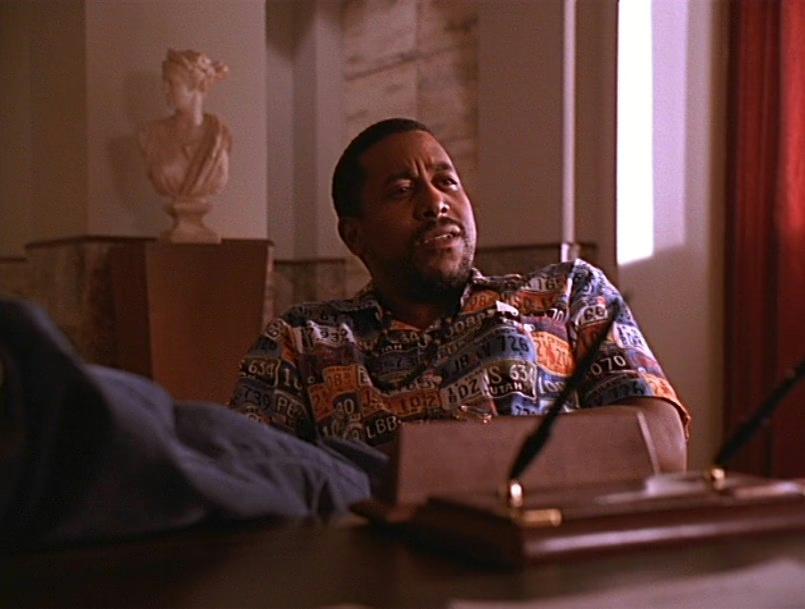
Juice is an absolute mess of a criminal, the kind that makes you question how he ever got into the crime business in the first place. He’s bumbling, a little goofy, and somehow more charming than the actual protagonist of the movie. If Disney had any sense, they would’ve given him a spin-off where Juice just tries (and fails) at new crimes every week.
Tone Lōc as Emilio in Ace Ventura: Pet Detective
Then there was Ace Ventura: Pet Detective (1994). Yep, the same year as Blank Check, Tone Lōc decided to diversify his portfolio by playing a police officer named Emilio who has the unfortunate job of dealing with Jim Carrey in his absolute most chaotic form. Emilio is basically the only normal person in that entire movie, which makes him stand out even more. It’s like he wandered onto the set thinking this was a regular crime thriller, only to realize too late that he was trapped in Jim Carrey’s fever dream.
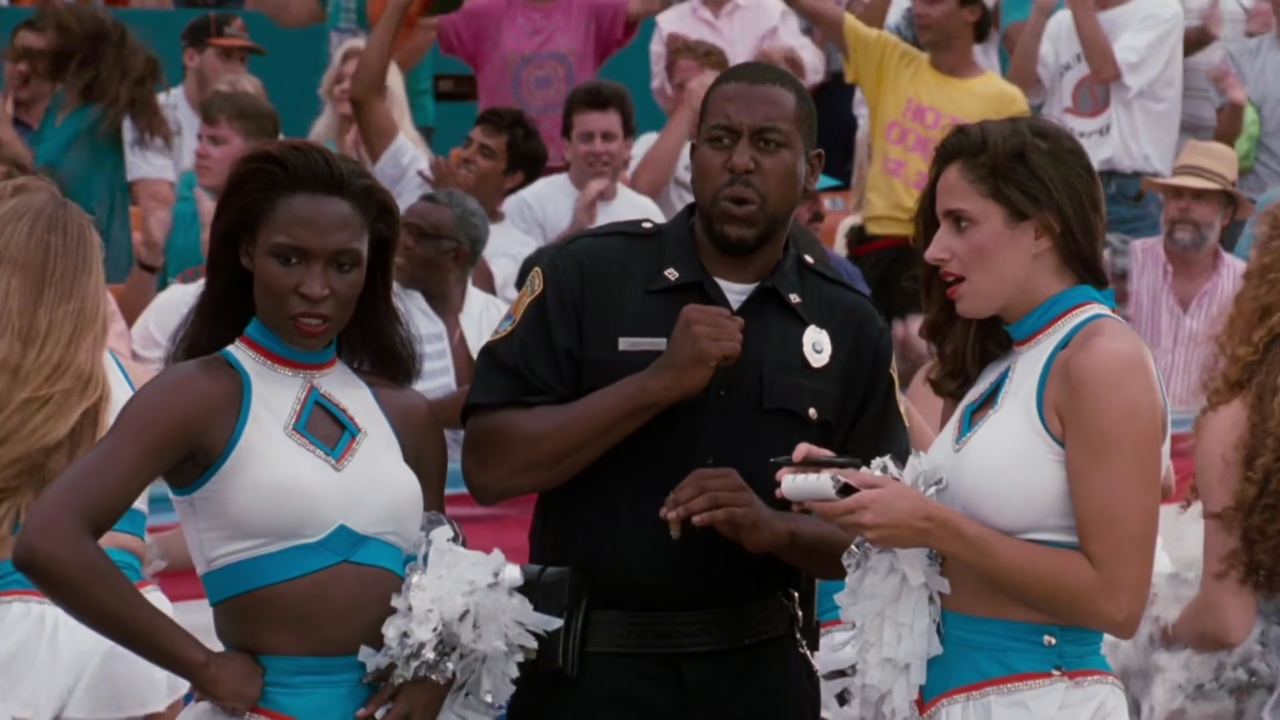
Tone Lōc as J-Bone in Poetic Justice
In 1993, Tone Lōc made a notable appearance in John Singleton’s Poetic Justice, a film that blended romance, poetry, and street life through the lens of Black culture in the early ’90s. Starring Janet Jackson and Tupac Shakur, the film follows a young poet navigating love and loss against the backdrop of South Central Los Angeles. Tone Lōc played the role of J-Bone, a friend of Lucky (Tupac Shakur), bringing his signature laid-back charisma to the screen. His performance added an authentic touch to the film, reinforcing his place as not just a voice in hip-hop but a recognizable presence in Hollywood as well.
While his role was minor, it was another example of how seamlessly he fit into the era’s defining cultural moments. Whether in music or film, Tone Lōc had a way of making his presence known.
Other Notable Films Tone Lōc Has Appeared In:
- The Adventures of Ford Fairlane (1990) as Slam
- The Return of Superfly (1990) – Uncredited role
- Posse (1993) as Angel
- Poetic Justice (1993) as James Paul
- Surf Ninjas (1993) as Lieutenant Spence
- Car 54, Where Are You? (1994) as Handsome Cab Driver
- Ace Ventura: Pet Detective (1994) as Emilio
- Blank Check (1994) as Juice
- Heat (1995) as Richard Torena
- Spy Hard (1996) as Gangster #1
- Fakin’ da Funk (1997) as “Frog
- Freedom Strike (1998) as Tyler Haynes
- Space Cowboys (2000) as The Photographer (Uncredited)
- Deadly Rhapsody (2001) as Jelly’s Cousin
- They Crawl (2001) as Clarence
- Storm Watch (2002) as Ray
- Totally Awesome (2006) as Himself
- Not Cool (2014) as Pedestrian #2 (Uncredited)
Voice Acting: The Role He Was Born For
If you were a ‘90s kid and didn’t know Tone Lōc from music or movies, there’s a good chance you knew his voice from cartoons. Let’s dig into his nostalgic voice roles.
Tone Lōc as Goanna in FernGully: The Last Rainforest
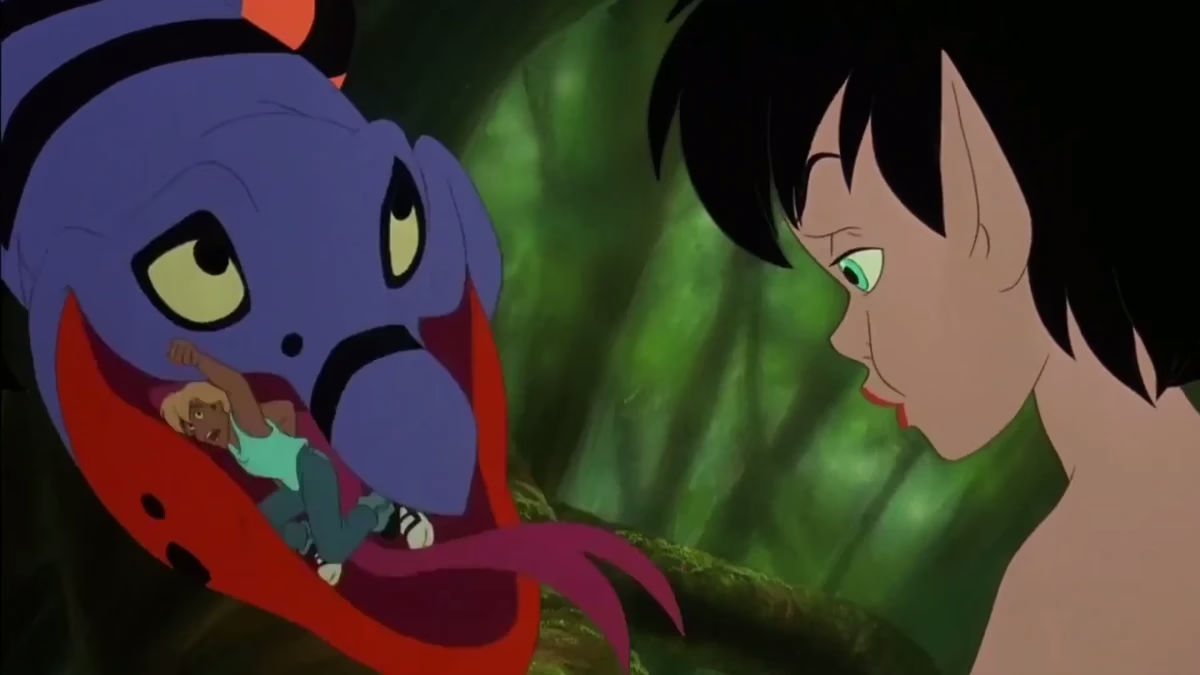
In FernGully: The Last Rainforest (1992), Tone Lōc voiced Goanna, a rapping, smooth-talking lizard whose hypnotic musical number made audiences forget they ever questioned why animated villains needed a full-fledged performance. Goanna slithered onto the screen with effortless confidence, delivering a funky, bluesy track that stood out in an already eccentric film. His gravelly voice gave the character a mischievous, almost mystical presence that felt tailor-made for a world where magic and environmental consciousness intertwined.
Tone Lōc’s ability to make even the most outlandish characters feel undeniably cool was on full display. His performance as Goanna was brief, but his commanding presence and infectious rhythm made it one of the most memorable moments in the film. Much like his other roles, he didn’t need a leading part to leave a lasting impression—he just needed a beat, a few bars, and that unmistakable voice to steal the show.
Tone Lōc as Pee-Wee in Bébé’s Kids
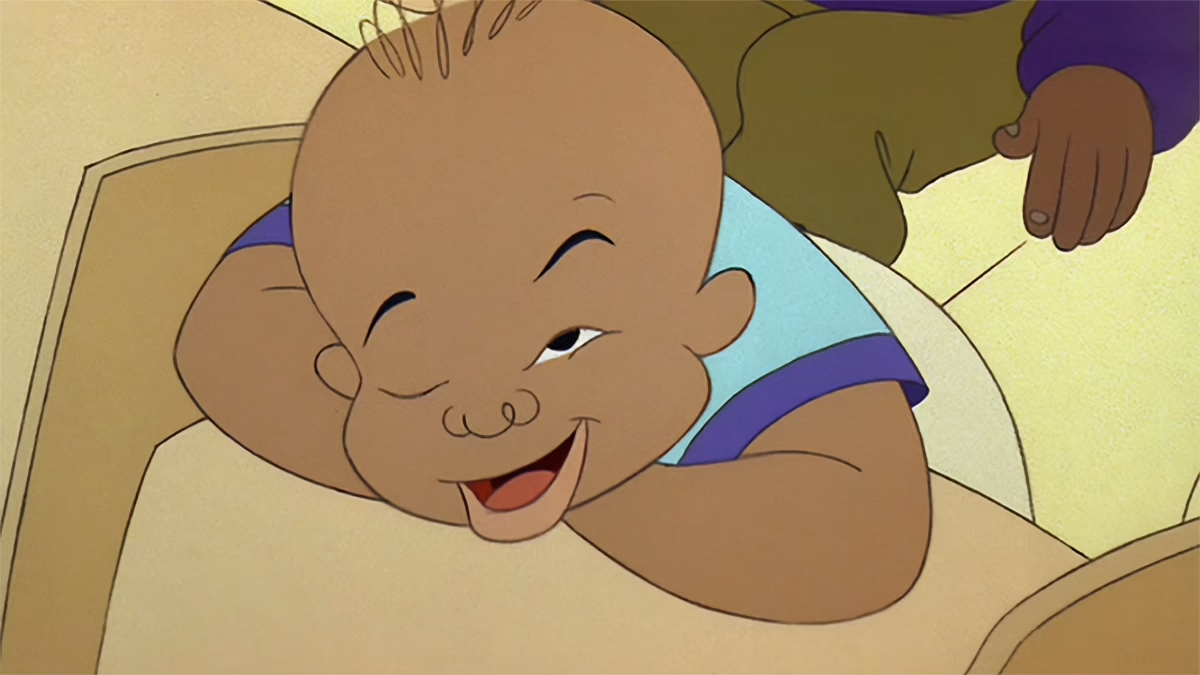
In Bébé’s Kids (1992), Tone Lōc voiced Pee-Wee, the youngest and arguably most chaotic member of the infamous group of kids. While the rest of the gang was busy wreaking havoc, Pee-Wee—diaper-clad and full of unexpected one-liners—managed to steal every scene he was in. His deep, raspy delivery made even the most ridiculous lines sound both menacing and hilarious, proving once again that Tone Lōc’s voice had an unmatched ability to elevate any character.
Beyond his role as Pee-Wee, Tone Lōc also contributed to the film’s soundtrack with the infectious and over-the-top track, Straight Jackin’. His verse in the song was a perfect blend of humor and swagger, bringing a level of absurdity that matched the energy of the movie itself. The song became a sleeper favorite among fans, and to this day, it remains a go-to for those who grew up on Bébé’s Kids. In fact, my wife can rap every line of his verse flawlessly—and hilariously—proving that some performances are just too memorable to forget.
Tone Lōc’s work in Bébé’s Kids was yet another example of how he could turn even a supporting role into something iconic. His voice, his delivery, and his ability to inject humor into everything he did made him an unforgettable part of ’90s pop culture.
Tone Lōc as C-Bear in C-Bear and Jamal
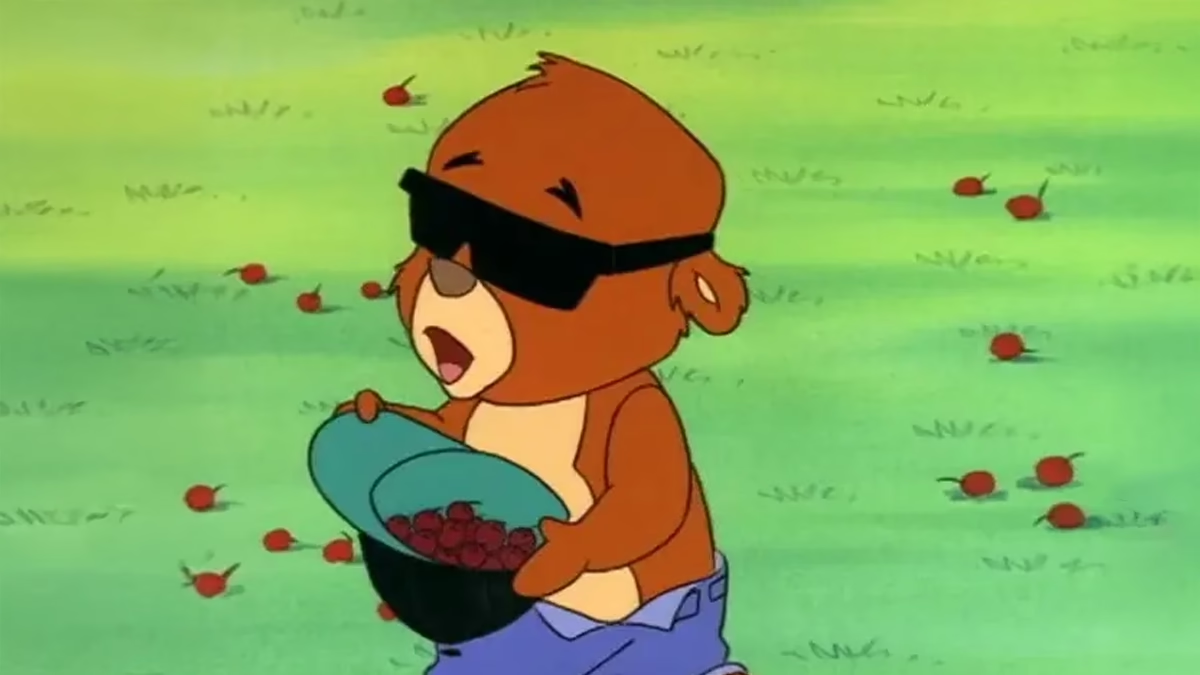
In C-Bear and Jamal (1996), Tone Lōc voiced C-Bear, a rapping, street-smart teddy bear with a knack for dishing out life advice—some of it questionable, all of it entertaining. The show followed Jamal, a young boy navigating life’s challenges with the help of his animated, hip-hop-loving toy. Unlike other childhood mentors, C-Bear wasn’t about sugarcoating reality. Instead, he dropped wisdom with swagger, humor, and an old-school flow that made his lessons as memorable as they were unconventional.
Tone Lōc’s deep, gravelly voice gave C-Bear a level of cool rarely seen in animated mentors, making the character stand out in a crowded ’90s cartoon landscape. The show’s mix of comedy, music, and social themes resonated with audiences, and while it didn’t have the longest run, it still holds a nostalgic place for those who grew up with it. As with many of his roles, Tone Lōc’s presence ensured that even a talking teddy bear could have undeniable style.
If a cartoon needed a voice that was equal parts intimidating and effortlessly laid-back, Tone Lōc was the go-to. His deep, gravelly tone carried a kind of audible swagger that made villains sound cooler, sidekicks more memorable, and animated animals strangely charismatic. It wasn’t just that his voice was recognizable—it was a signature, the kind of sound that made any character instantly more interesting. That’s why he was everywhere—because when you heard that voice, you paid attention.
Here’s a list of other notable voiceover work Tone Lōc has done.
Animated Films
- FernGully: The Last Rainforest (1992) – Goanna: Tone Lōc voiced Goanna, a rapping lizard in this environmental-themed film.
- Bébé’s Kids (1992) – Pee-Wee: He provided the voice for Pee-Wee, the mischievous baby in this animated comedy.
- Titan A.E. (2000) – Tek: In this science fiction adventure, he voiced Tek, a character aiding the protagonists.
- Whispers: An Elephant’s Tale (2000) – Macho Bull: Tone Lōc lent his voice to Macho Bull in this family adventure.
Television Series
- C Bear and Jamal (1996–1997) – C-Bear: He starred as C-Bear, a rapping teddy bear guiding a young boy named Jamal.
- Aladdin (1994) – Magma: In the episode “Smolder and Wiser,” he voiced Magma, a fire elemental.
- Static Shock (2002) – Hyde: Tone Lōc voiced Hyde in the episode “Static Shaq.”
- Happily Ever After: Fairy Tales for Every Child (1995) – The Giant: He provided the voice for the Giant in the series’ debut episode.
- Chowder (2008) – Chestnut: In this animated series, he voiced Chestnut, a character appearing in multiple episodes.
- Uncle Grandpa (2014) – Moon Man: Tone Lōc voiced Moon Man in the episode “Bezt Frends.”
Where Is Tone Lōc Now?
Unlike some of his ’90s peers, Tone Lōc never fully disappeared. While he’s not headlining major festivals or dropping new albums, he remains active in the music scene. He continues to tour as part of the nostalgic hip-hop circuit, sharing stages with other legends from the ’80s and ’90s. If you look up his tour dates, you’ll find that he’s still performing the same classics that made him famous, drawing crowds who still know every word to “Wild Thing” and “Funky Cold Medina.” These performances keep his legacy alive, proving that some artists never truly fade—they just find new audiences across generations.
Beyond music, Tone Lōc has also remained visible in pop culture through occasional TV appearances, interviews, and voice work. While he no longer takes on major acting roles, his unmistakable voice continues to be an asset in the entertainment industry. Whether it’s a commercial, a guest spot in a show, or a nostalgic throwback moment in media, his presence still resonates.
However, his journey hasn’t been without challenges. In recent years, Tone Lōc has had several publicized health scares. He’s collapsed on stage multiple times due to seizures, which has raised concerns about his long-term health. Reports indicate that these episodes may be linked to exhaustion and previous medical conditions, though he has remained relatively private about the specifics. Despite these setbacks, he continues to get back up and perform, reminding fans why they connected with him in the first place.
His resilience speaks volumes—Tone Lōc isn’t just a relic of the past; he’s an artist who refuses to be written off. Whether it’s through live shows, his signature voice work, or simply the enduring presence of his music in pop culture, he remains a recognizable and respected figure in hip-hop and pop-culture history.
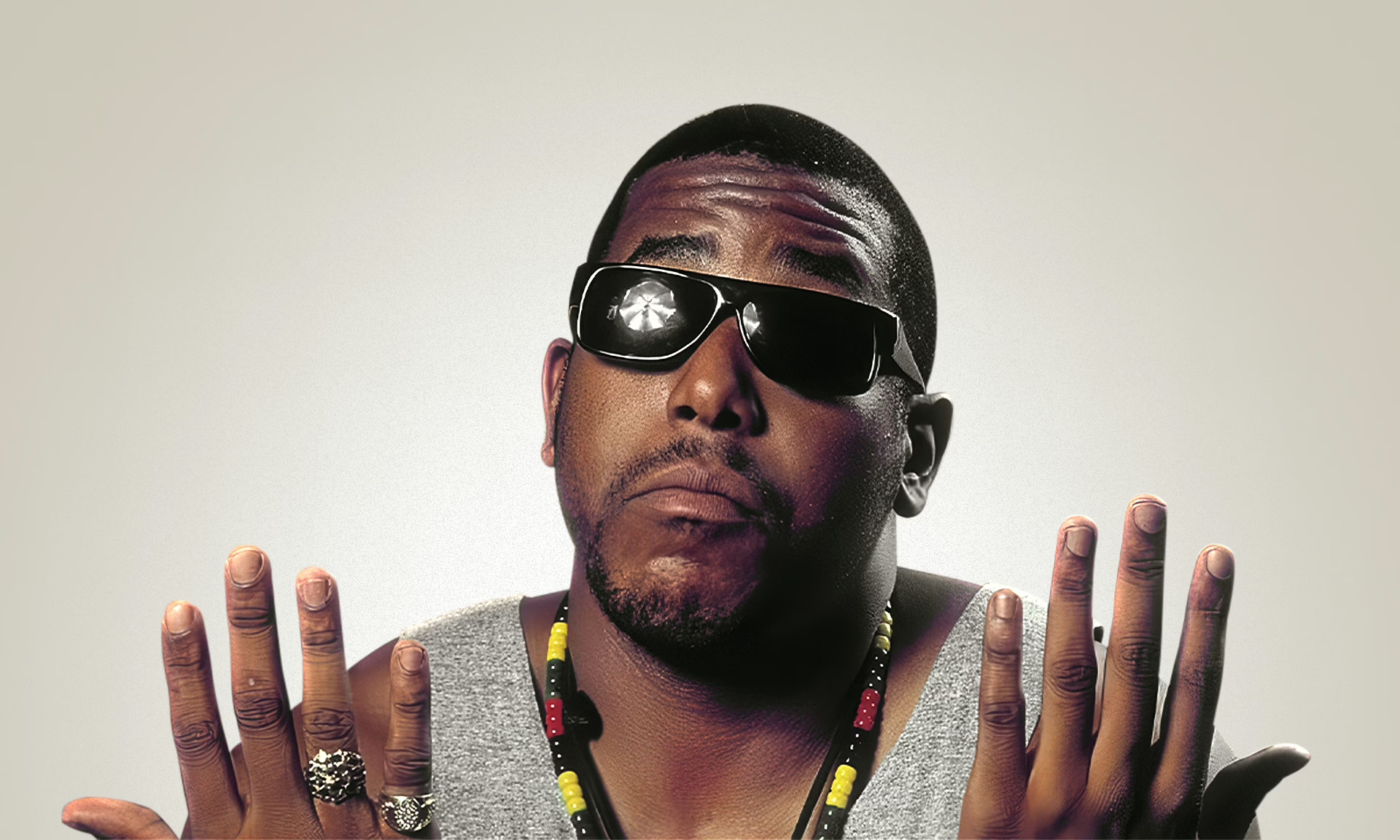
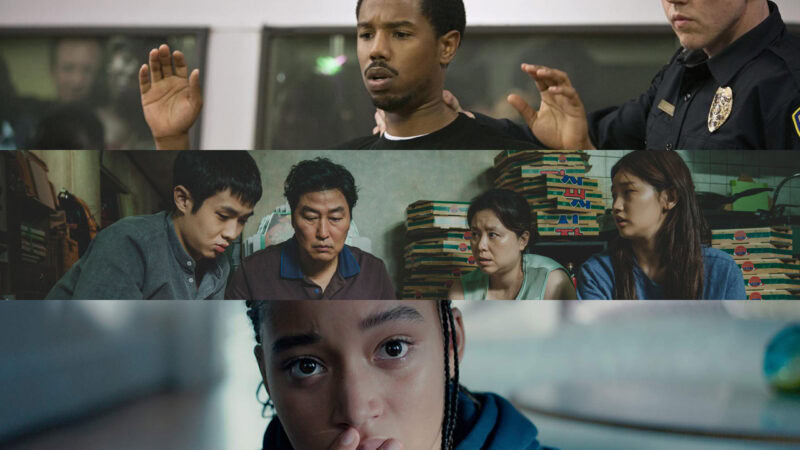


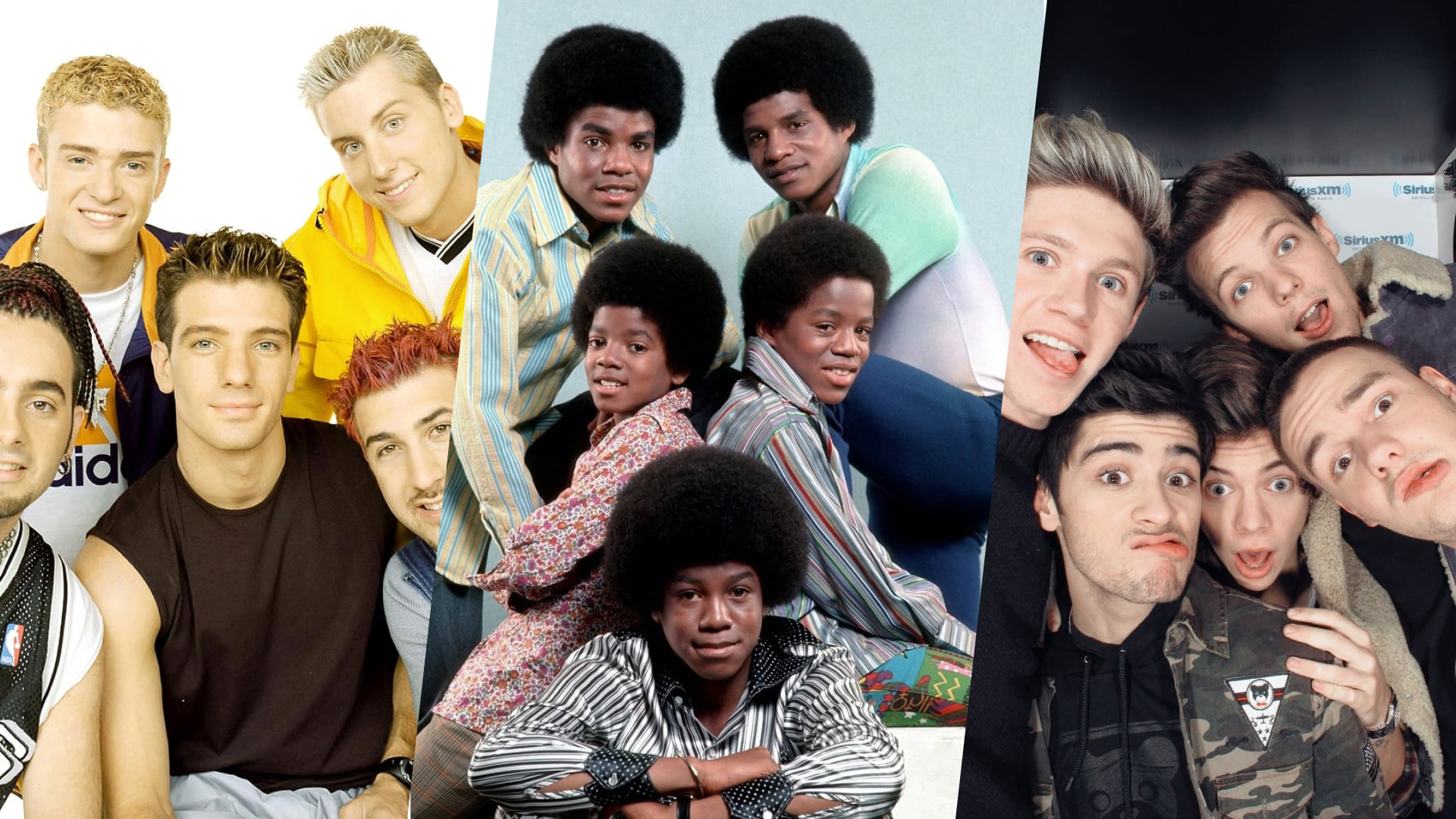
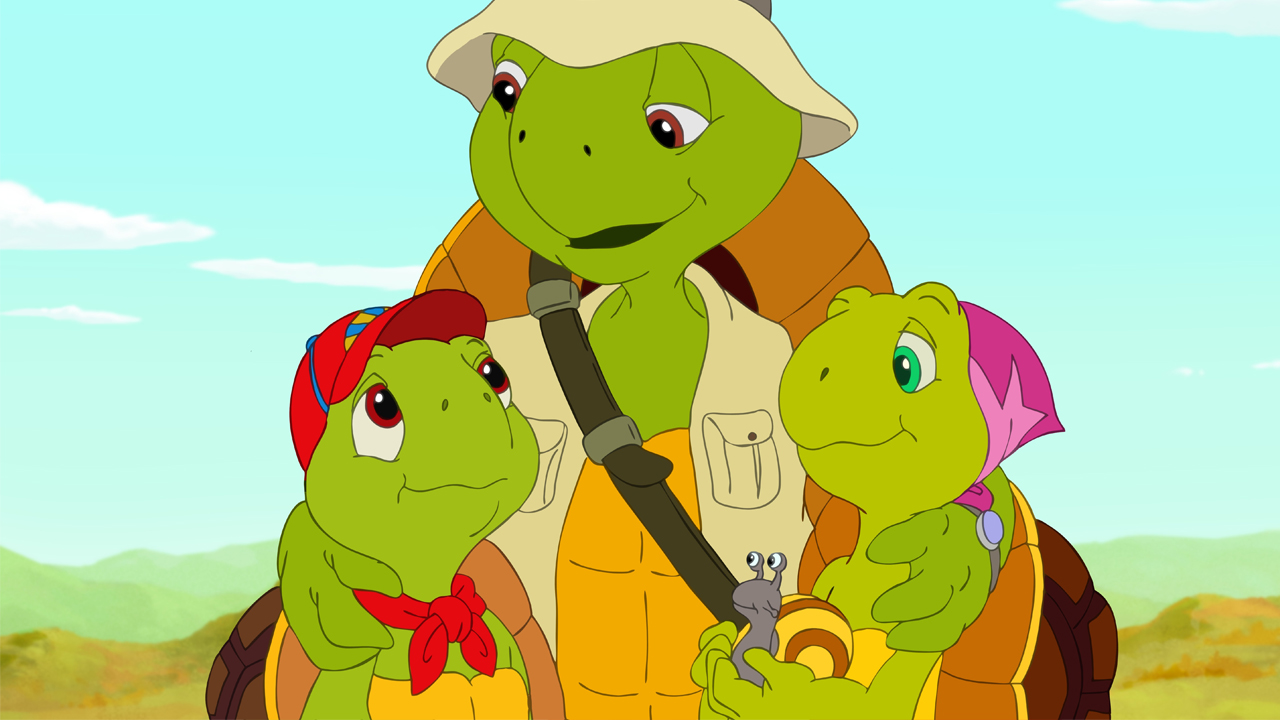
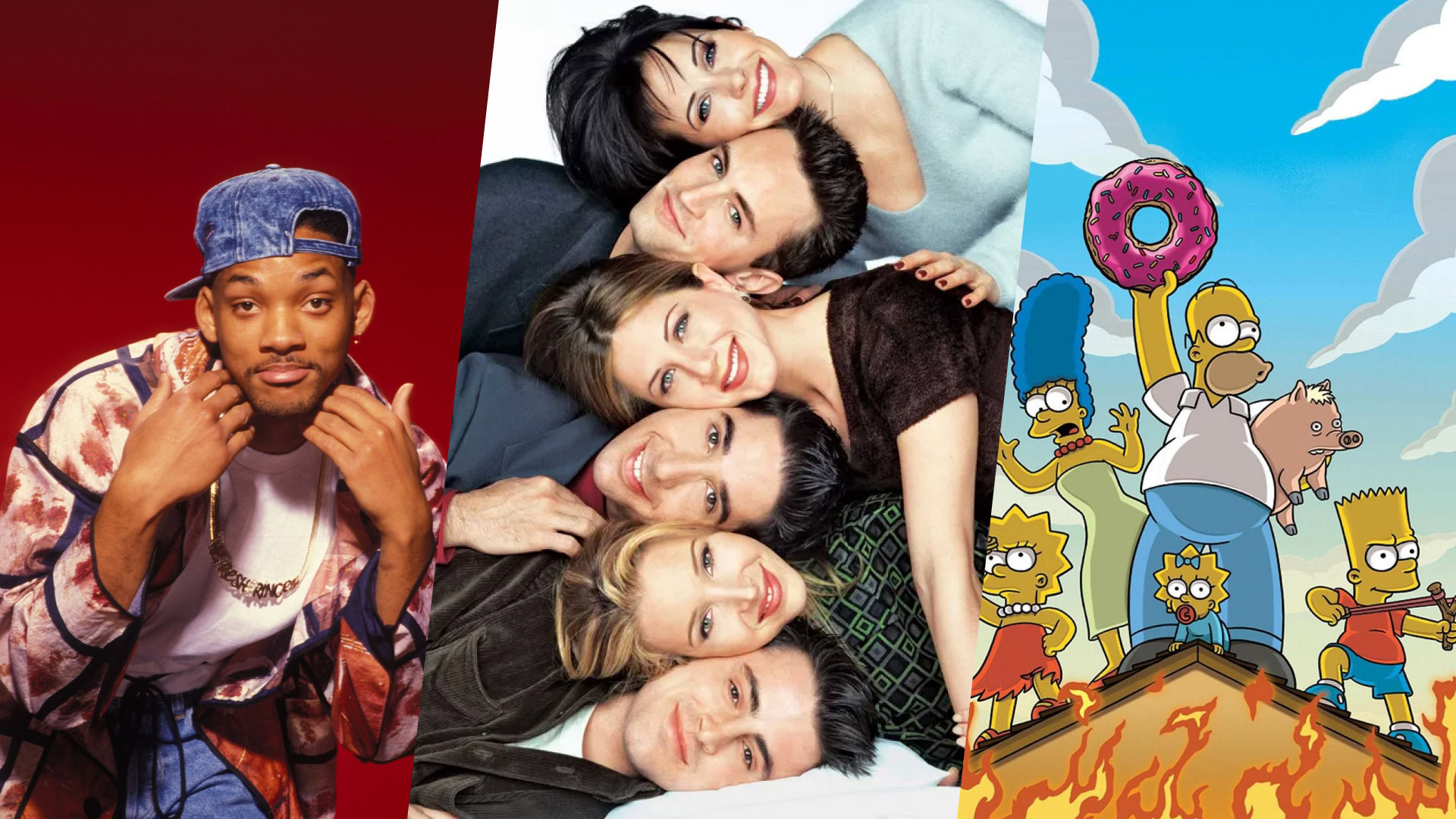
Leave a Reply